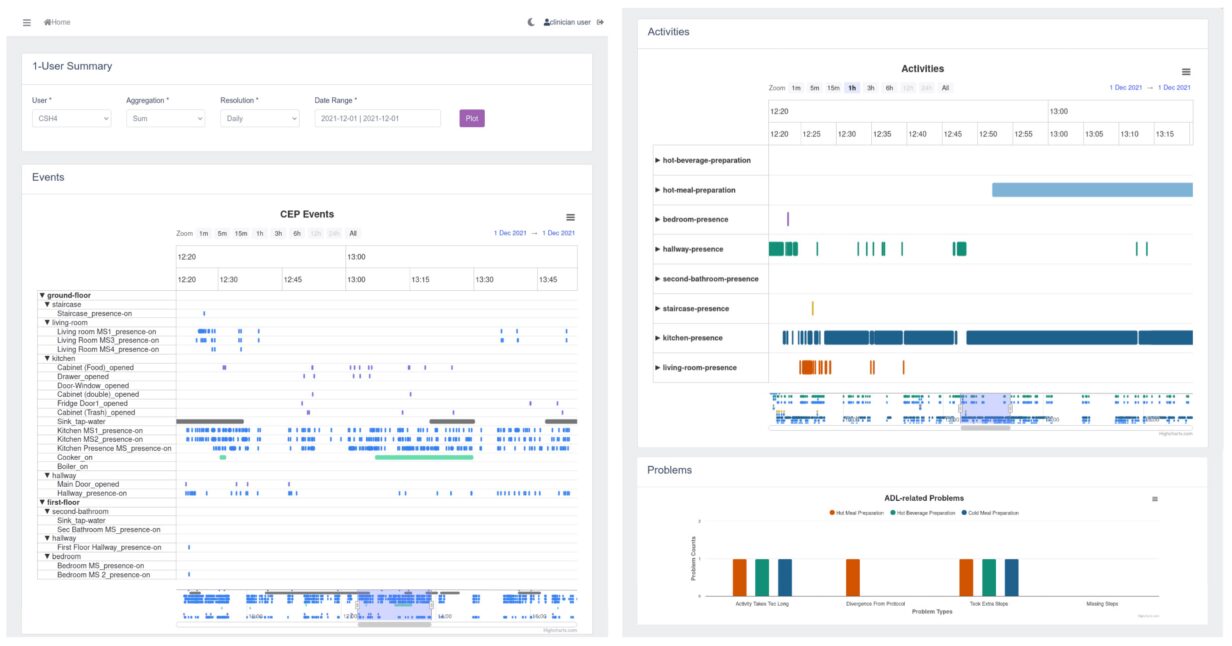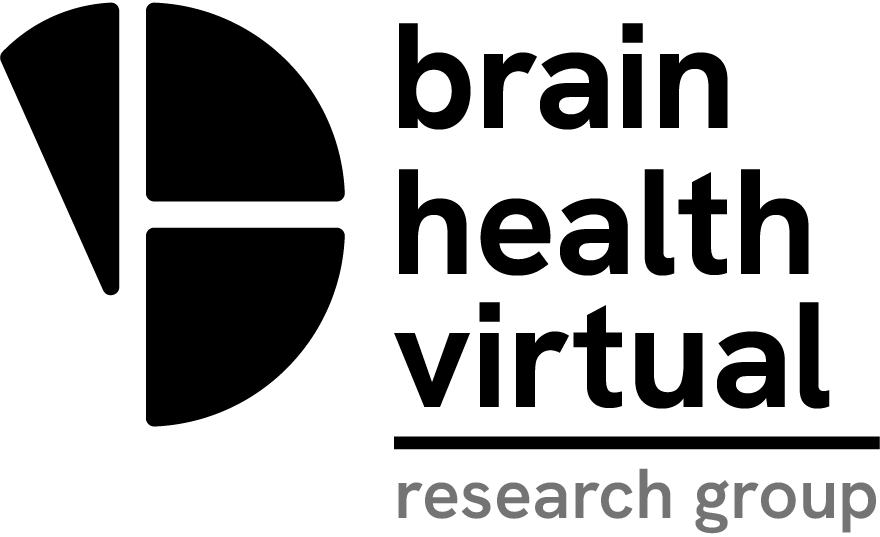
Semantic Framework Uses Smart Home Sensors to Track Activities of Daily Living and Detect Cognitive Decline-Related Issues
Early diagnosis of Alzheimer’s disease is both crucial and highly challenging. According to recent literature, assessing functional decline in Activities of Daily Living (ADLs) — essential and routine tasks that most healthy individuals can perform without assistance — offers a more promising approach compared to traditional methods like questionnaires, which rely on subjective judgments. By objectively monitoring ADLs, we can gain more accurate and valuable insights into cognitive health.
Our recent research paper, “A Semantic Framework to Detect Problems in Activities of Daily Living Monitored through Smart Home Sensors” published in the Sensors Journal by MDPI, presents the implementation of a framework leveraging smart home sensors and Semantic Web technologies, that aims to track and detect issues in ADLs execution. In the initial stage, the proposed framework gathers raw data from IoT sensors established in smart home premises. Subsequently, it employs multiple Semantic Web technologies to process and convert these raw data into meaningful representations, constructing a knowledge graph. To facilitate this, we introduce a novel ontology designed to comprehensively model and represent all essential information within this environment. Furthermore, our framework utilizes SPARQL queries to define and construct explicit rules for detecting problematic behaviors in the execution of ADLs. Additionally, a clinician dashboard has been developed to complement our semantic framework, offering clinicians an intuitive and comprehensive overview of the monitored activities and detected problems.

The evaluation of this framework was conducted through a pilot study within the context of the EU-funded project RADAR-AD. Participants were invited to CERTH-ITI’s Smart Home, where they were instructed to execute a protocol consisting of ADLs. The results revealed intriguing discrepancies among participants in both the approach and time required to complete these activities, highlighting potential performance issues in certain cases.
It is noteworthy that our framework allows the precise identification of specific issues based on individual data, rather than merely recognizing a generic functional or cognitive decline. This capability highlights the potential for more accurate assessments and tailored interventions, marking a substantial advancement in the field of healthcare monitoring and management.
Read the full paper: Giannios G, Mpaltadoros L, Alepopoulos V, Grammatikopoulou M, Stavropoulos TG, Nikolopoulos S, Lazarou I, Tsolaki M, Kompatsiaris I. A Semantic Framework to Detect Problems in Activities of Daily Living Monitored through Smart Home Sensors. Sensors. 2024; 24(4):1107. https://doi.org/10.3390/s24041107

